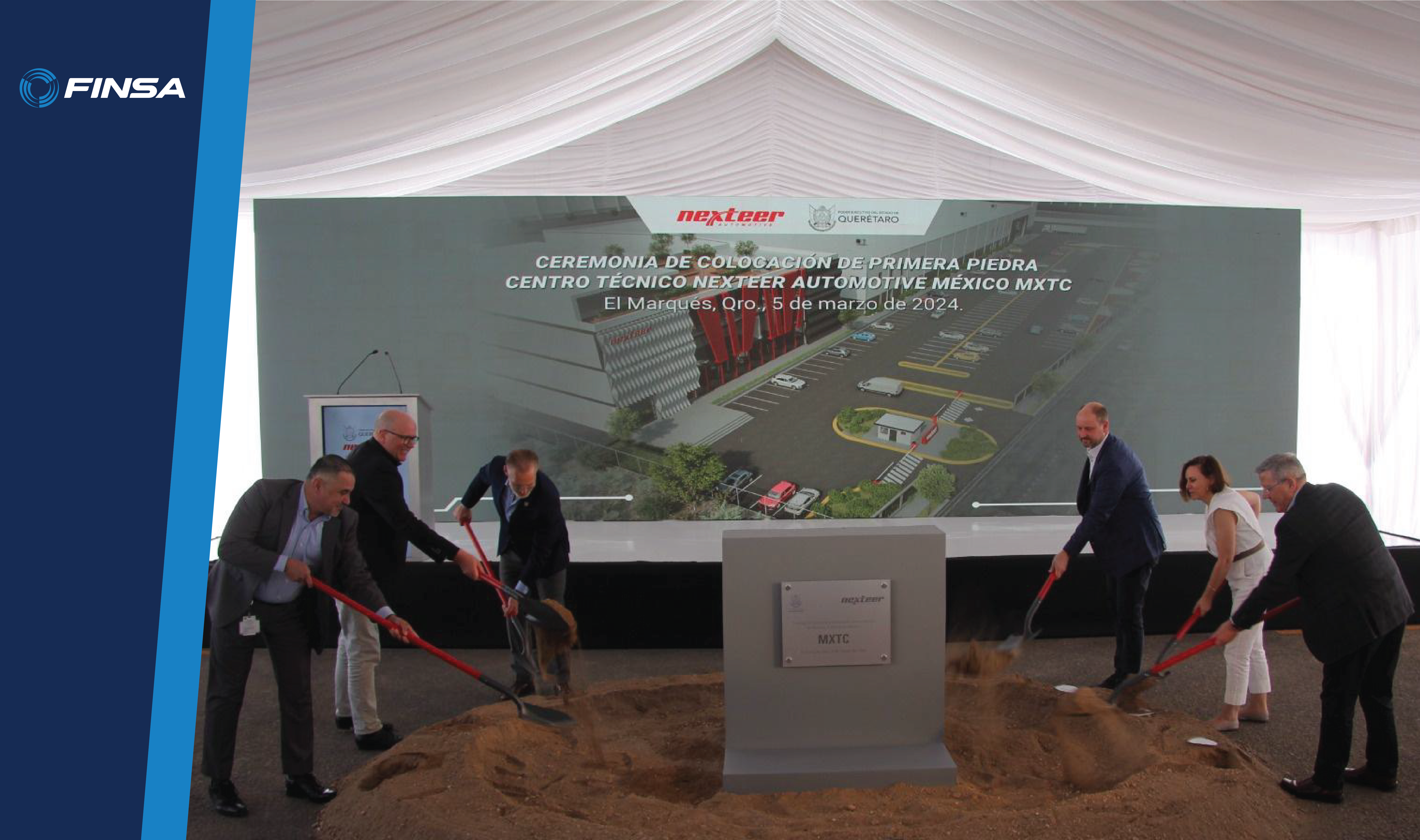Despite a widespread global economic slowdown in 2024, manufacturing, and the automotive sector in particular, have proven to be key pillars of the Mexican economy , driving growth in key regions and attracting foreign direct investment, according to BBVA Research's 25H1 Mexico Regional Sector Situation analysis.
Although Mexico's total Gross Domestic Product (GDP) grew by 1.5% in 2024, this growth was uneven. The primary sector contracted by 2.3%, and secondary activities, which include manufacturing, grew by just 0.2%. However, within this context, manufacturing stands out as a highly relevant sector, as it represents the largest share of the Mexican economy.
The dynamism of manufacturing in the north
The BBVA Research report highlights that manufacturing, although experiencing modest growth of 0.3% nationwide, is showing significant dynamism in the country's northern states. This boost is attributed to the relocation of production chains closer to consumer markets and the close trade relationship with the United States.
Automotive Sector: Growth in Production, Exports and Sales
Within manufacturing, the automotive sector stands out for its solid performance. Transportation Equipment GDP increased 1.3% in 2024, and vehicle production grew 5.6% year-over-year. Vehicle exports also contributed to the growth , with a 5.4% increase in units. Furthermore, the domestic market showed strength, with a 9.8% increase in vehicle sales, approaching a historic record.
Investor confidence in the Mexican automotive sector is reflected in the increase in Foreign Direct Investment (FDI), which reached $9.9 billion in 2024, a 35.1% increase compared to 2023. These long-term investments highlight the sector's potential as a driver of sustained growth.
Analysis of accumulated sectoral GDP 2024
The report presents a detailed analysis of cumulative sectoral GDP in 2024, revealing each sector's contribution to the economy.
- Primary Sector: 1 billion pesos.
- Secondary Sector: 8 billion pesos.
- Tertiary Sector: 15 billion pesos.
- Taxes: 25 billion pesos.
This breakdown highlights the relative importance of each sector in the Mexican economy. It also highlights the contribution of manufacturing within the secondary sector.
Value chains and the importance of heavy manufacturing
The network analysis introduced in the report provides a new perspective on the interconnections between economic sectors. This approach reveals that manufacturing subsectors associated with heavy industry, such as steel, transportation equipment, and electrical and electronic equipment, have a central impact on the value network of the Mexican economy.
Challenges and opportunities
Despite the growth in manufacturing and the automotive sector, the Mexican economy faces significant challenges, such as the slowdown in consumption and uncertainty in international trade. However, the resilience of key sectors and the ability to adapt to the new dynamics of global trade offer opportunities for sustained growth.



